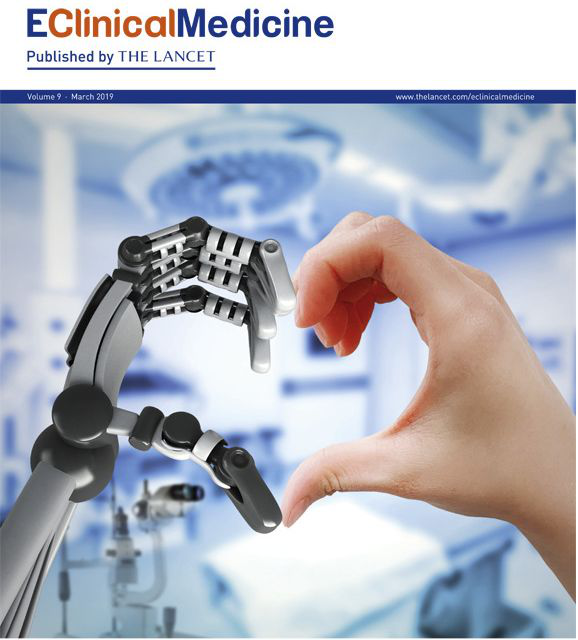A list of China's top 10 medical science and technology news events of 2019 was released by a national health newspaper Health News on March 16th 2020. The AI-assisted multicenter randomized controlled trial was included in the list. It was performed by the team, that is led by Prof. Yizhi Liu and Prof. Haotian Lin in Zhongshan Ophthalmic Center (ZOC), Sun Yat-Sen University (SYSU), Guangzhou, China.
The researchers first developed an artificial intelligence (AI) platform (named as CC-Cruiser) for diagnosing childhood cataracts and providing risk stratification and treatment recommendations, based on real data of a large number of patients, and opened the AI outpatient clinic in 2018, applying the platform to the clinical evaluation of patients. Secondly, the enrolled pediatric patients were randomized (1:1) to receive a diagnosis and treatment recommendation from either CC-Cruiser or senior consultants (with over 5 years of clinical experience in pediatric ophthalmology). The accuracy of the diagnosis, the time required for the diagnosis, and patient satisfaction was determined by the mean rating in the two outpatient clinics was compared. It was found that the accuracies of cataract diagnosis and treatment determination in real clinical outpatients was 87.4%, and the mean time for receiving a diagnosis from AI platform was significantly less than for senior consultants. The patients were more satisfied with the overall medical service quality provided by the AI platform, typically with its time-saving feature in cataract diagnosis.

CC-Cruiser is an ophthalmic AI platform developed by the medical artificial intelligence team from ZOC, SYSU, China using deep learning.
As the earliest medical AI R&D and application institute in China, ZOC has opened the world’s first artificial intelligence clinic, and the leading study center of this trial is the ZOC. This multicenter randomized controlled trial was performed in five Chinese ophthalmic clinics from different areas to represent the diversity of healthcare settings across China, which verified the effectiveness and feasibility of CC-Cruiser in real-world clinical practice. It puts forward important methods and standards for medical AI from research to clinical application. It is benefit for exploring the clinical transformation and application standards of artificial intelligence.
The result was officially published as cover article in EClinicalMedicine(ECM), the sub-journal the global authoritative medical journal "The Lancet" in March 2019. The theme of the cover story is "Medical AI must undergo such a rigorous clinical trial to evaluate its real-world diagnostic capabilities before being put into clinical application. The relationship between AI and human doctors is complementary. AI would help doctors provide better medical services, and they work together to provide better care for the world."

